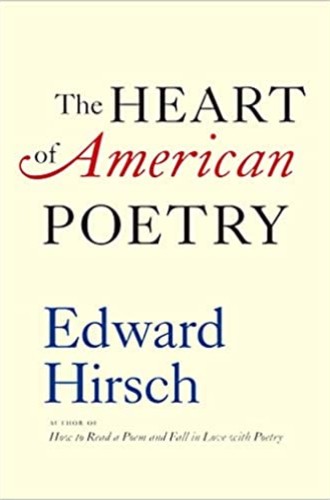The voices of American poets
Edward Hirsch’s labor of love celebrates centuries of American verse, from Anne Bradstreet to Joy Harjo.
Opening with the proto-feminist Puritan poems of Anne Bradstreet (1612–1672) and closing with the reorienting poems of Joy Harjo of the Muskogee Nation (1951–), Chicago-born poet and literary critic Edward Hirsch serves us with new readings of 40 American poets. Drawing on his life of teaching and writing, Hirsch places the work of the poets in chronological order. A representative poem precedes informal and authoritative comments on each chosen poet.
Committed to his discipline over a lifetime, unassuming and patient as a teacher, Hirsch guides readers through a selection of American poets, making a personal case for the vitality and lasting value of poetry by weaving his life story through the essays. Written in the isolation of the pandemic, without the benefit of his poetry library, this labor of love from one of America’s greatest champions of poetry stands out from critically distant collections as a personal and heartfelt retrospective.
In the first months of his first year of teaching at a college in Detroit, Hirsch drove north to Saginaw to visit the grave of Theodore Roethke (1908–1963). That fall pilgrimage grounded Hirsh on the soil that inspired one of his literary forbears and provided a moment of reflection on the requirements of his vocation.






